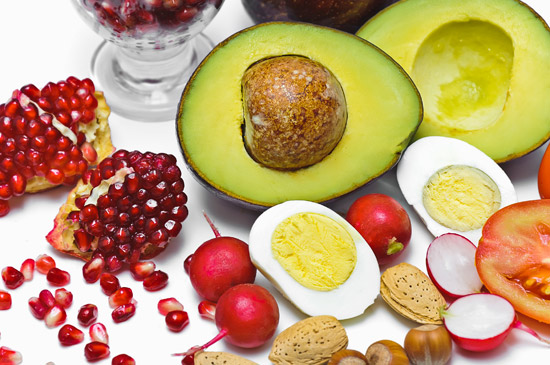Heart disease is perceived by many as an illness for the old or overweight. But recent studies have proven this perception wrong. According to Dr. Ilan Wittstein, M.D., an assistant professor at the Johns Hopkins University School of Medicine and Heart Institute, patients in their 40s are getting heart disease due to self-inflicted risk factors.
People may have heart disease, yet are without high cholesterol levels or high blood pressure. Everyone needs to be on guard, as even if you stay fit, abstain from smoking and eat healthily, you may still be at risk.
Stress
A 2004 INTERHEART study in Lancet found that stress is one of the main risk factors for coronary artery disease, and is responsible for 1/5 of heart attacks worldwide.
But fear not, as it is possible to reduce the risk simply by using calming stress management techniques. A study by Duke University medical researchers monitored 107 patients who had a history of heart problems.
The patients were divided into three treatment groups: 1/3 of the group exercised, 1/3 received standard care, and the final 1/3 were taught stress management techniques through four months of therapy and training.
The stress management group had the best results, with a 74 per cent reduction in cardiac events over the five-year analysis.
Stress management techniques could comprise receiving therapy or simply taking up yoga, tai chi or meditation for five minutes everyday.

Family History
“Both the risk of heart disease and risk factors for heart disease are strongly linked to family history,”
according to Dr. William Kraus, M.D., a preventive cardiologist and research scientist at Duke University.
Dr. Kraus recommends that all patients disclose their family health history to their healthcare providers. Start with immediate family members. You should find out if your siblings, parents and grandparents had heart disease and at what age they developed them.
Diet
Certain diets can also lessen the risk of heart disease. Studies have shown that certain nutrients found in traditional diets, particularly in foods with antioxidant properties, protect the walls of our arteries from damage.
These include salmon, avocado, almond and pomegranate. With a moderate intake, it may prevent or stabilise clot formation, and therefore prevent heart attacks.

As you can see, exercising regularly is merely a facet of what it takes to keep your heart healthy.
Running is good exercise but let’s consider other areas of our lives we should look after.





